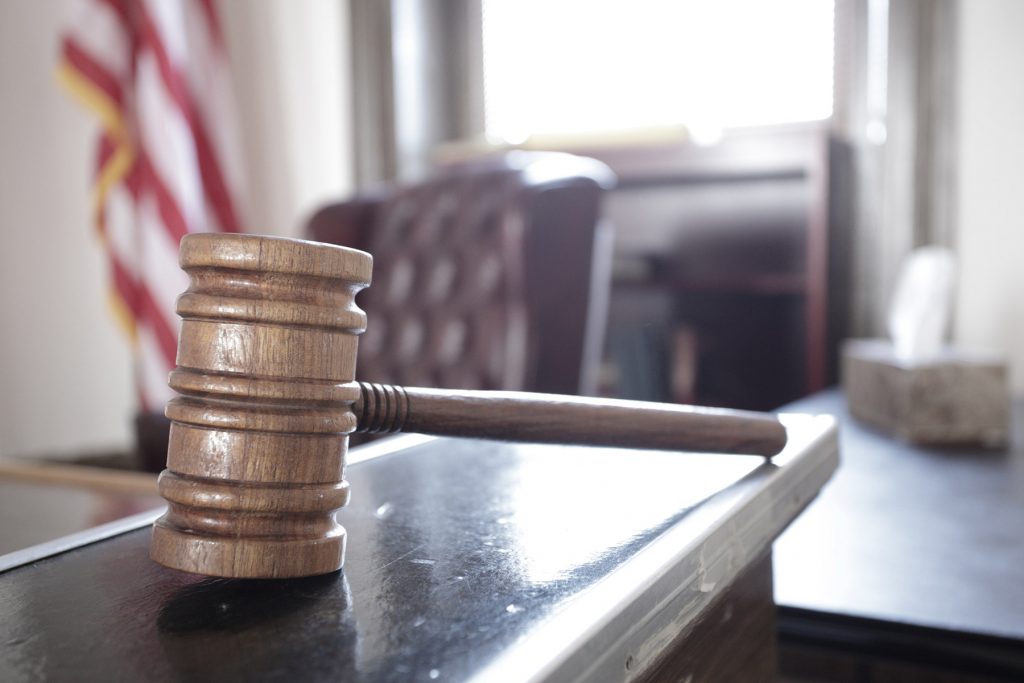
Paul Manafort made a recent appearance in New York State’s Supreme Court to enter a plea of not guilty in response to the 16 counts of fraud charged by the state. The Manhattan District Attorney’s office indicted Manafort, the former chairman of President Trump’s campaign, last May.
Paul Manafort has been in federal custody since June of 2018 after being convicted in one case by a federal jury and entering a guilty plea in a second federal case. He had been serving his time in federal prison in the State of Virginia, but was transferred to Manhattan’s Metropolitan Correctional Center (MCC) to face the charges brought by the State of New York. Manafort ended up in MCC, a federal prison, after Deputy Attorney General Jeffrey Rosen stepped in to prevent Manafort from being held at Riker’s Island, a state correctional facility where New York typically houses those who are charged with state crimes.
Double Jeopardy
The State of New York’s charges stem from several mortgages Manafort took out on various properties in the state. The problem, however, is that those same loans were at issue in Manafort’s federal charges. Thus, the question arises: can Paul Manafort be charged by the State of New York for charges relating to the same crimes prosecuted by the Federal Government? Manafort’s attorney says no.
The State of New York’s double jeopardy statute says a person “may not be twice prosecuted for the same offense” or “separately prosecuted for two offenses based upon the same act or criminal transaction.” There were very few exceptions to this rule, until this past May when New York lawmakers approved a bill that would allow the State to prosecute those who receive a Presidential pardon. Prior to this law passing, anyone who received a Presidential pardon was barred from being charged by the State of New York for the same acts for which he or she was pardoned. Presidents can only pardon those charged with federal crimes. State Governors have the power to pardon those charged with state crimes.
New York’s new law, however, is not retroactive. In other words, it cannot be used to justify state charges for someone who has already been found guilty federally or received a pardon for the same criminal act. The President, however, has not yet pardoned Paul Manafort. Which begs the question: does New York’s new law affect Manafort at all?
US Supreme Court Ruling
What must also be considered is that the U.S. Supreme Court just ruled this month that state and federal governments are separate and sovereign, meaning that both state and federal charges can be brought against someone for the same criminal act without violating the Constitution’s double jeopardy clause. However, just because the U.S. Supreme Court says it can be done, doesn’t mean New York’s law allows it to be done. This is the question that will be answered in Manafort’s case: Does New York’s double jeopardy statute, with the recently added exception, preclude the charges brought by the State of New York against Paul Manafort? Manafort’s attorneys have already voiced their intent to file a motion to dismiss asserting that the answer to that question is yes.
Paul Manafort is scheduled to make his next appearance in New York State’s Supreme Court in October 2019. Citing ailing health, Manafort’s attorneys have requested that he not be required to appear in court at all throughout his case, but the Judge did not rule on that request, stating that he would decide whether Manafort had to appear on a case-by-case basis.



Leave a Comment